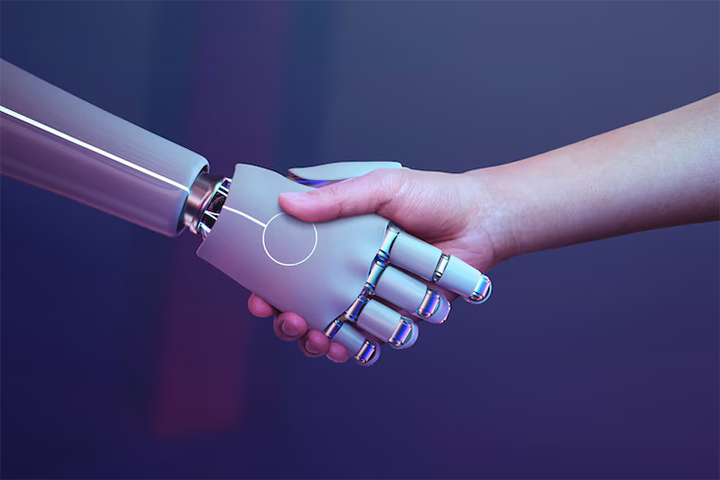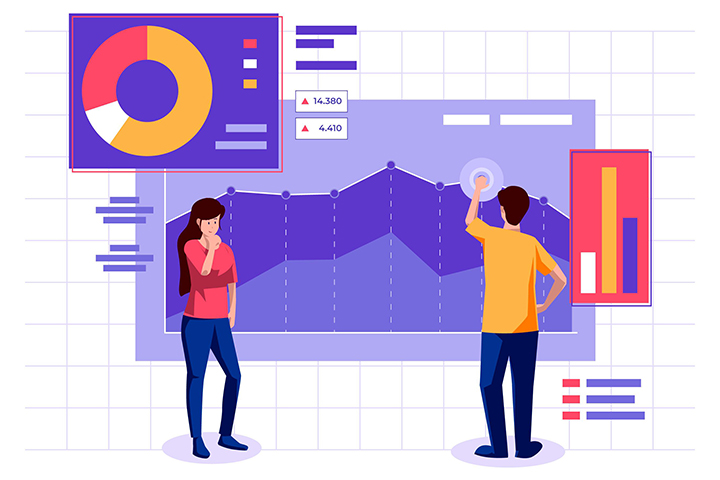
Artificial Intelligence refers to the ability of machines and computer systems to perform tasks commonly associated with human beings. The term is commonly ascribed to any entity that is endowed with the acumen to perform tasks that would require human intelligence: the ability to learn, reason, discover meaning, and gain knowledge through past experiences.
Information is induced into the AI algorithms, and then through that knowledge, they use machine learning to develop intelligence. Simply, AI systems are trained on vast amounts of information, allowing them to identify patterns and then carry out tasks that require human-like conversations or predict online shopping preferences. Contrary to such, humans are inherently born with the ability to adapt and are not necessarily taught to do so. A person is naturally born to become intelligent.
Scientists have in language, perception, learning, reasoning, and problem-solving for AI. AI has numerous applications, including computer search engines, voice recognition, chatbots, and different diagnosis in medicine.
Various Applications of AI:
a) Computer Search Engines.
Due to increased searches online, traditional software has been rendered useless as it lacks the ability to find patterns in data and make predictions. AI-powered search engines solve this problem and increase the accuracy and timing of searches. Currently, most search result one sees results from artificial intelligence decisions. To better understand this, we can look at what people refer to as algorithms. Algorithms are a result of complex webs of AI that determine which search results appear and how. For search results, search engines such as Google have been optimized to provide the best results for your search.
b) Voice Recognition.
Voice or speech recognition by AI is done to recognize a person's words and then translate them to text. AI speech recognition allows computers, especially computer applications, to understand human speech data. It has been used in the past but has picked up pace recently—the technology is incorporated into assistants like Siri and Alexa.
c) Chatbots.
Chatbots are AI trained to have human-like conversations by using a process known as natural language processing. This software allows AI to understand language outside its preprogrammed inputs and gives responses based on the existing data.
AI has numerous benefits, as seen above. However, many ethical concerns and risks are associated with it. Let’s look at a few:
a) Generative AI
AI is used to create images, videos, and text that is indistinguishable from the real thing. A lot of propaganda by using this technology has been made, as well as videos and images that we call deepfakes, which damage people's reputations.
b) Weaponization of AI
AI can create lethal autonomous weapons, which, if produced at a large scale, are potentially of mass destruction.
c) Existential Risk
Existential risk is primarily the primary concern, as AI has the potential to become so powerful that man will eventually and irreversibly lose control of it. Though this is still a hot debate, only will tell.
d) Bias
Depending on the information used to train the algorithm, AI models often have inherent biases from their training data including racism and sexism.
Artificial Intelligence is here with us, and the only way forward is to embrace and benefit from it while remaining very cautious of its usage.
